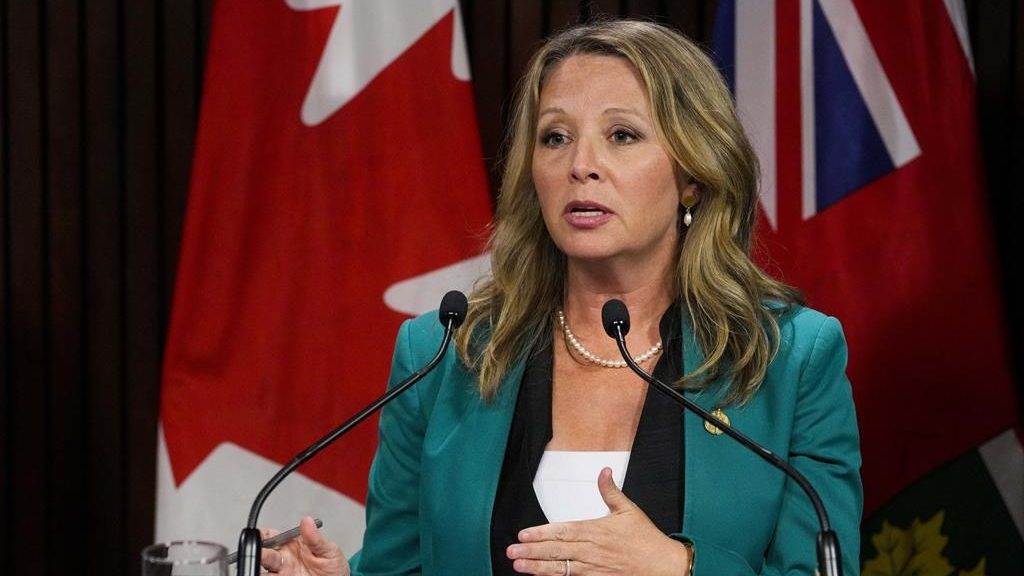Army goes from mentoring Afghan forces to training aboriginal youth
Posted Jul 13, 2013 02:02:34 PM.
This article is more than 5 years old.
MANITOULIN ISLAND, Ont. – It was an old-style homecoming parade that left a lump in the throat of Chief Irene Kells.
Marching up the dusty road of the Zhibaahaasing First Nation, under a blinding sun, and to the cheering of their families came 24 young people, who’d spent a week in the bush of western Manitoulin Island.
Leading them was a handful of soldiers belonging to the 1st Battalion Royal Canadian Regiment.
Troops whose mission had been to mentor Afghan forces found themselves cast as instructors and role models for teenagers in a remote northern Ontario community on the edge.
The teenagers, some of whom also came from the nearby First Nation community M’Chigeeng, spent a week amid the ragged forests and scrub of the island bring taught basic soldiering, survival and, perhaps most importantly, teamwork.
It was an important test case, not only for an army in search of a mission, but for aboriginal communities with high unemployment, few job prospects and, according to Statistics Canada, a burgeoning, uneasy youth population.
“When I saw you coming up the road, my heart was so happy,” Kells said with tears in her eyes. “I am just so happy you guys had a chance to go out an experience something new.”
The deputy minister of aboriginal and northern affairs attended the graduation ceremony for the teenagers Friday and noted the growing aboriginal youth population represent a “huge opportunity” for the labour the force as baby boomers retire, but also a bit of a risk because idle young people can be a recipe for social unrest.
“We’ve got to get the public policy mix right,” Michael Wernick told army staff who organized the camp.
The army’s soon-to-be retiring commander, Lt.-Gen. Peter Devlin, said he would like to see the program extended voluntarily to other hard-pressed communities across the country, and was looking for buy-in from other federal departments.
“I think Canadian Army soldiers are gifted trainers, gifted professionals at sharing their leadership abilities,” Devlin said. “They share Canadian values, military values in particular; integrity, discipline, courage, respect. All of it is being reinforced with you aboriginal kids.”
For the last 25 years, National Defence has run four, extensive summer camp programs for aboriginal youth at bases across the country. But those boot camps are more extensive and geared perhaps towards steering those young people into a military career.
The difference between that and what went on last week at Manitoulin Island was that instead of coming to the army, the army went to the community with an emphasis was on developing leadership.
“I think there are some communities across the land that would benefit from a partnership with the Canadian Army, where the army comes in and provides that training, that education and the sharing of those values in communities that want it,” said Devlin.
The lesson wasn’t lost on Ontario’s Lt.-Gov. David Onley, who attended the graduation ceremony and reminded the young people they were the future leaders of the community.
Kells, who spent over 20 years as chief, said the exercise doesn’t mean all of the teenagers will choose a career path in the military, but instead will help them open new doors beyond their existence in the community.










